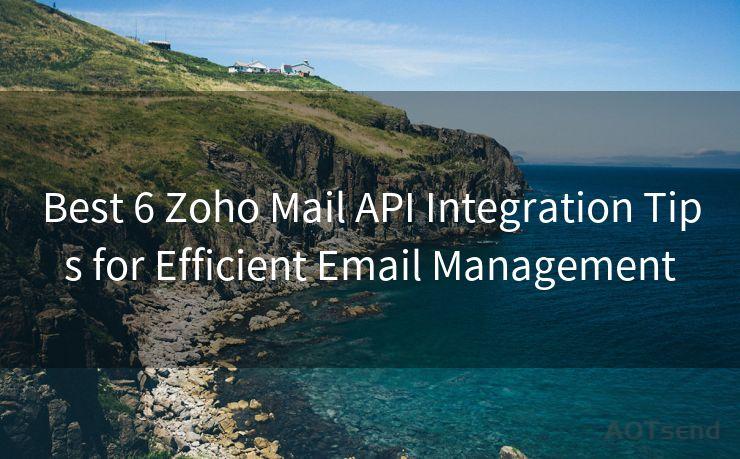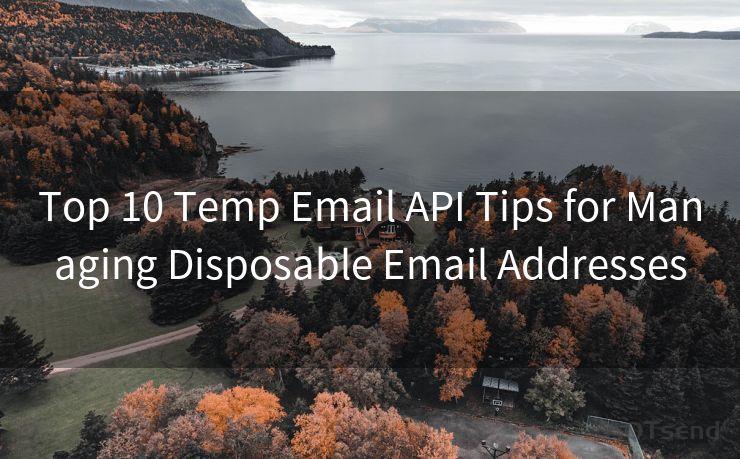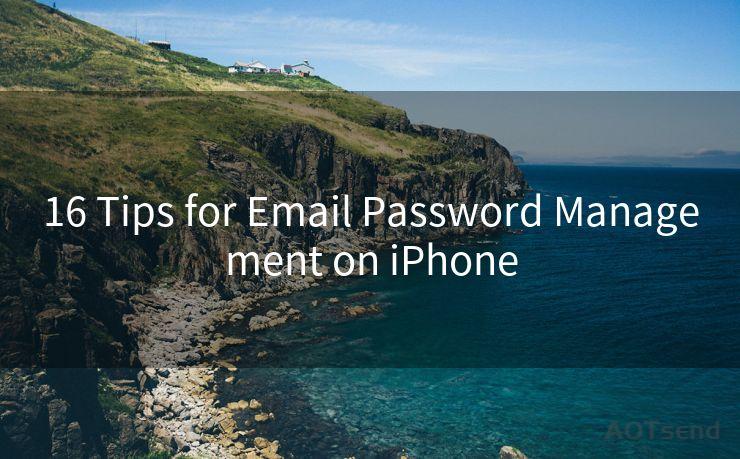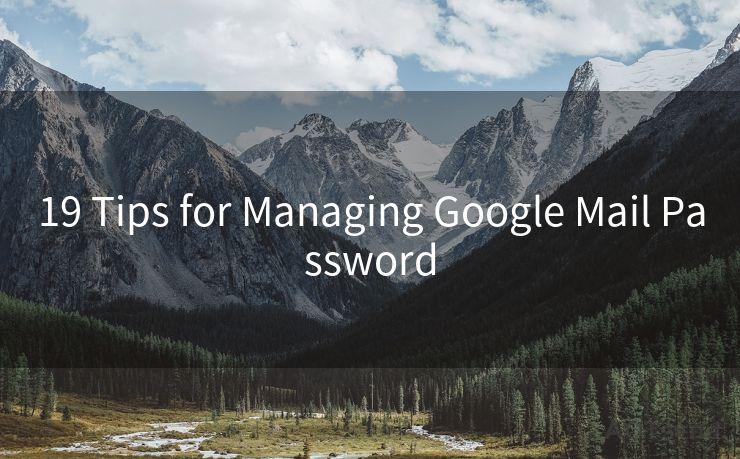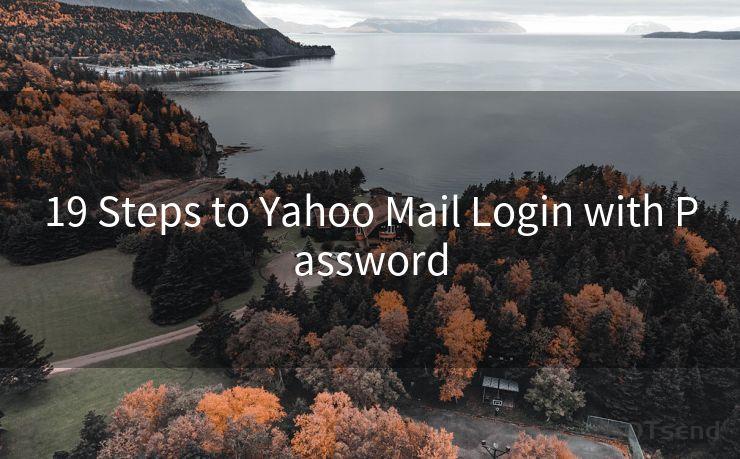19 Email Notification Teams Best Practices
Hello everyone, I’m Kent, the website admin. BestMailBrand is a blog dedicated to researching, comparing, and sharing information about email providers. Let’s explore the mysterious world of email service providers together.




In the modern workplace, email notifications are a crucial part of team communication. However, with the constant influx of messages, it's essential to establish best practices to ensure efficient and effective communication. Here are 19 email notification teams best practices that can help your team stay on top of their game.
1. Clear and Concise Subject Lines
The subject line is the first thing recipients see, so make it count. Use clear, concise language that accurately reflects the email's content. Avoid vague or misleading subject lines that can cause confusion.
2. Relevant Content
Ensure that the email's content is relevant to the recipient. Avoid sending unnecessary or irrelevant information that clutters inboxes and wastes time.
3. Prioritize Important Messages
Use flags or markers to indicate urgent or important messages. This helps team members quickly identify emails that require immediate attention.
4. Consistent Formatting
Adopt a consistent email format for your team, including font style, size, and color. This enhances readability and professionalism.
5. Use of Templates
Create templates for frequently sent emails to save time and ensure consistency. Templates also reduce the chance of errors or omissions.
6. Targeted Distribution Lists
Carefully consider who needs to receive each email. Avoid sending blanket emails to large groups when only a few individuals need the information.
7. Respect for Recipients' Time
Respect your team members' time by sending emails only when necessary. Avoid over-communicating or sending redundant information.
8. Prompt Responses
Encourage team members to respond promptly to emails, especially when action is required. This ensures smooth workflow and timely resolutions.
9. Archiving and Organization
Implement an email archiving system to keep inboxes manageable. Regularly organize and delete old or irrelevant emails to reduce clutter.
10. Professional Tone
Maintain a professional tone in all team emails. Avoid colloquial language or informal greetings that may detract from the message's importance.
11. Attachment Guidelines
When sending attachments, use descriptive file names and consider compressing large files. Also, avoid sending unnecessary attachments that can clutter inboxes.
12. Mobile-Friendly Emails
Ensure that your emails are mobile-friendly, as many team members may access their inboxes on the go.

13. Privacy and Security
Be mindful of privacy and security when sending sensitive information via email. Consider using encrypted emails or secure file-sharing platforms for confidential data.
14. Follow-Up Protocol
Establish a follow-up protocol for important emails. If no response is received within a reasonable timeframe, send a gentle reminder.
15. Avoiding Spam Filters
Familiarize yourself with common spam triggers and avoid using them in your emails to prevent important messages from being filtered out.
16. Training and Education
Provide regular training and education to team members on effective email communication practices. This ensures everyone is on the same page and follows best practices.
17. Feedback Loop
Encourage a feedback loop within the team to improve email communication. Regularly solicit input on how emails can be more effective and efficient.
18. Use of Email Signatures
Utilize professional email signatures that include relevant contact information and links. This enhances the credibility of your messages and provides easy access to additional resources.
19. Measuring Effectiveness
Periodically measure the effectiveness of your team's email communication. Use metrics like open rates, response times, and feedback to assess and improve your strategies.
By implementing these 19 email notification teams best practices, you can significantly improve communication within your team, enhance efficiency, and reduce the potential for misunderstandings or missed messages. Remember, effective email communication is a two-way street, requiring both senders and recipients to be mindful and respectful of each other's time and needs.




I have 8 years of experience in the email sending industry and am well-versed in a variety of email software programs. Thank you for reading my website. Please feel free to contact me for any business inquiries.
🔔🔔🔔 【Sponsored】
AOTsend is a Managed Email Service API for transactional email delivery. 99% Delivery, 98% Inbox Rate.
Start for Free. Get Your Free Quotas. Pay As You Go. $0.28 per 1000 Emails.
You might be interested in:
Why did we start the AOTsend project, Brand Story?
What is a Managed Email API, How it Works?
Best 24+ Email Marketing Service (Price, Pros&Cons Comparison)
Best 25+ Email Marketing Platforms (Authority,Keywords&Traffic Comparison)
Scan the QR code to access on your mobile device.
Copyright notice: This article is published by AotSend. Reproduction requires attribution.
Article Link:https://www.bestmailbrand.com/post7020.html

